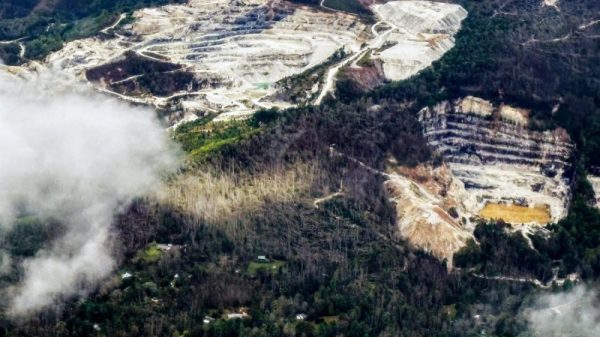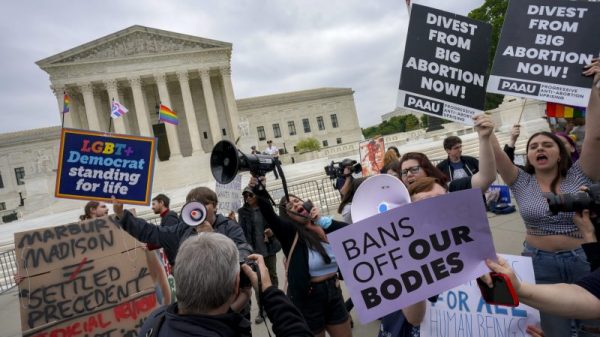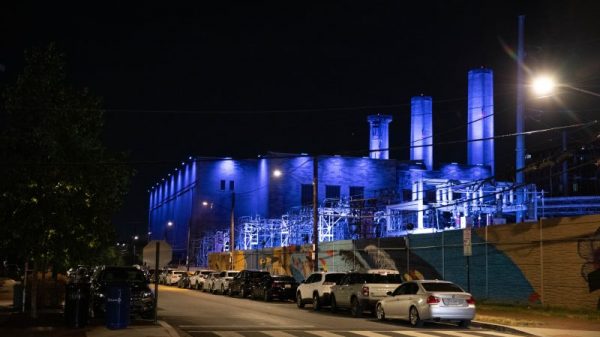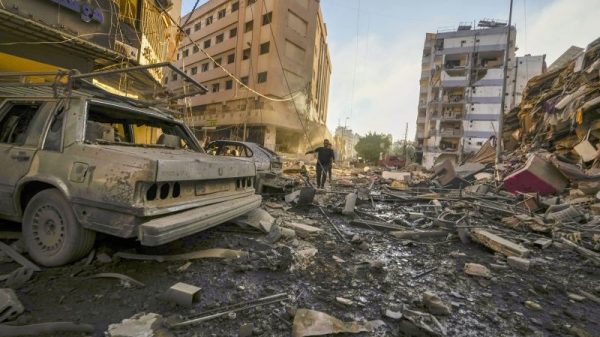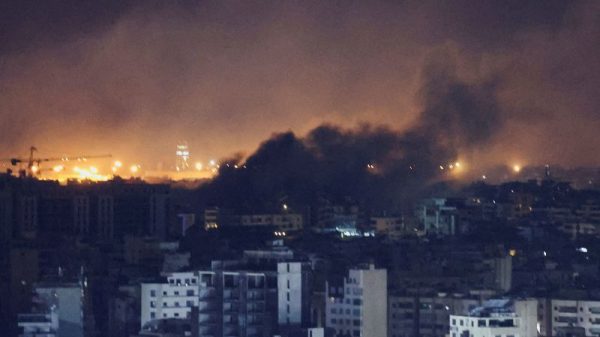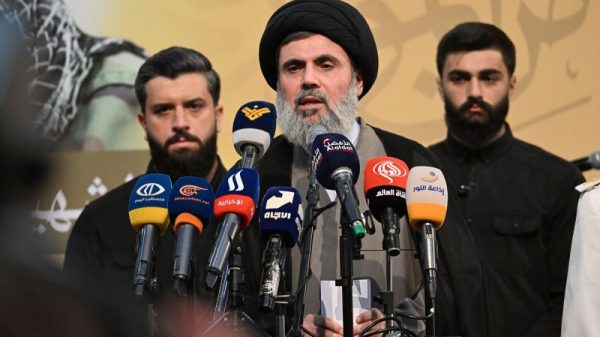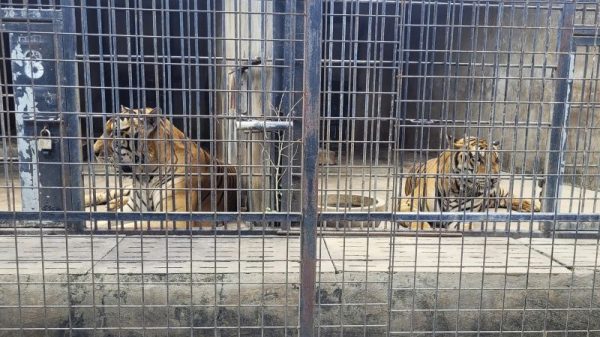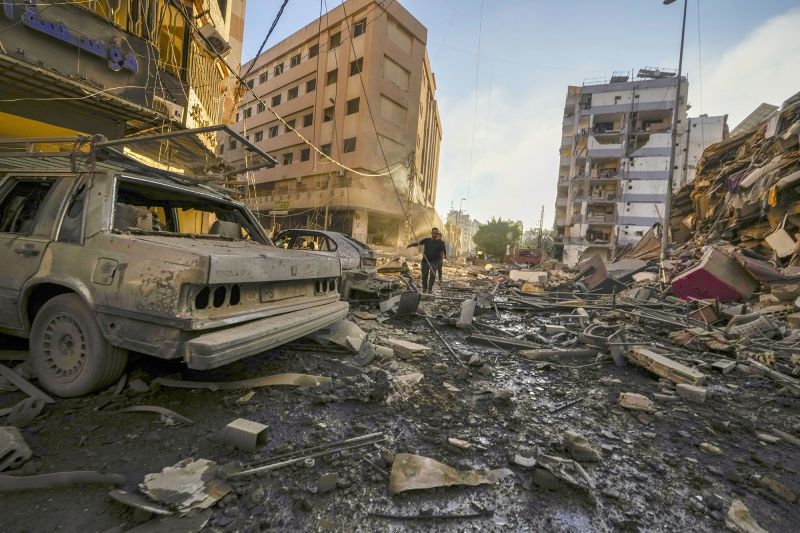Israel has pummeled Lebanon with an unprecedented airstrike campaign in less than three weeks, killing over 1,400 people, injuring nearly 7,500 others and displacing more than one million people from their homes, according to the Lebanese health ministry.
The bombardment, which Israel says is targeting Hezbollah strongholds in the country, marks the world’s “most intense aerial campaign” outside of Gaza in the last two decades, according to the conflict monitoring group Airwars.
Over the course of two days, on September 24 and September 25, the Israel military said it used 2,000 munitions and carried out 3,000 strikes.
“This isn’t normal,” Tripp said of both the scale and size of Israel’s strikes on Lebanon. While Israel’s air campaign is extremely “unusual,” Tripp said its assault on Gaza over the last year – where nearly 60% of buildings are estimated to have been damaged from Israeli strikes – have normalized such mass assaults.
Israel says it takes steps to minimize civilian harm, like making phone calls and sending text messages to residents in buildings designated for attack. Human rights groups like Amnesty International say such warnings do not absolve Israel of responsibilities under international humanitarian law to limit civilian harm.
As a result, the death toll in Lebanon continues to rise, with a fifth of its population now displaced.
Hezbollah and Israel have consistently been exchanging fire since October 8, the day after the Hamas-led attack on Israel, in which more than 1,200 people were killed and 250 taken hostage. Hezbollah, an Iran-backed militant group, has said that it will not stop striking Israel until a ceasefire in Gaza – where the Israeli bombardment has killed more than 41,000 people in the past year, according to the ministry of health in the territory – is reached.
The majority of the fire exchanged between Israel and Hezbollah since the start of the war has come from Israeli strikes, drones, shelling and missiles on Lebanese territory, according to data from ACLED (Armed Conflict Location and Event Data), an organization that collects data on violent conflict.
Israel has launched nearly 9,000 attacks into Lebanon since October 8; Hezbollah launched 1,500 attacks in that same time frame, according to the ACLED data.
On September 25, Israel further escalated its air campaign with an intense barrage of strikes across swathes of Lebanon, marking the deadliest day for Lebanon since the 2006 Israel-Hezbollah war – and a turning point in the current conflict.
While most of Israel’s airstrikes over the past year have targeted southern Lebanon, Israel has also ramped up its attacks on Lebanon’s capital in recent weeks, with multiple airstrikes in southern Beirut flattening residential buildings and heavily populated civilian areas.
A rapid succession of strikes has killed at least seven high-ranking Hezbollah commanders and officials in recent weeks, dealing the most significant blow to the group since its formation in the early 1980s.
Those strikes have mostly been concentrated in the city’s southern Dahiyeh neighborhood, a densely packed residential area and Hezbollah stronghold. It was there that Israel assassinated the militant group’s leader in an air raid on his underground bunker on September 27.
But as Israel’s campaign to disarm Hezbollah continues, civilians are paying the highest price, including 127 children who have been killed in less than three weeks, according to the health ministry.
On September 23 alone, at least 558 people – including 50 children and 94 women – were killed.
Women and girls are also particularly affected by the displacement caused by the airstrikes, according to Lebanon’s country director at the humanitarian agency CARE International. Nearly half of the people in Lebanon’s emergency shelters for displaced people are children, and the facilities are operating beyond capacity, Michael Adams said.
Now, Israel is targeting central Beirut – not its suburbs – with airstrikes for the first time in nearly 20 years.
Meanwhile, a quarter of Lebanese territory is now under Israeli military evacuation orders as Israel intensifies its ground operation in the south, with its inhabitants pushed more than 30 miles north of their homes.
More than 100 villages in southern Lebanon have now been issued the evacuation notices, stoking fears of an expanded ground invasion.
Residents have no idea when they might be able to return – or what they might find remaining.






